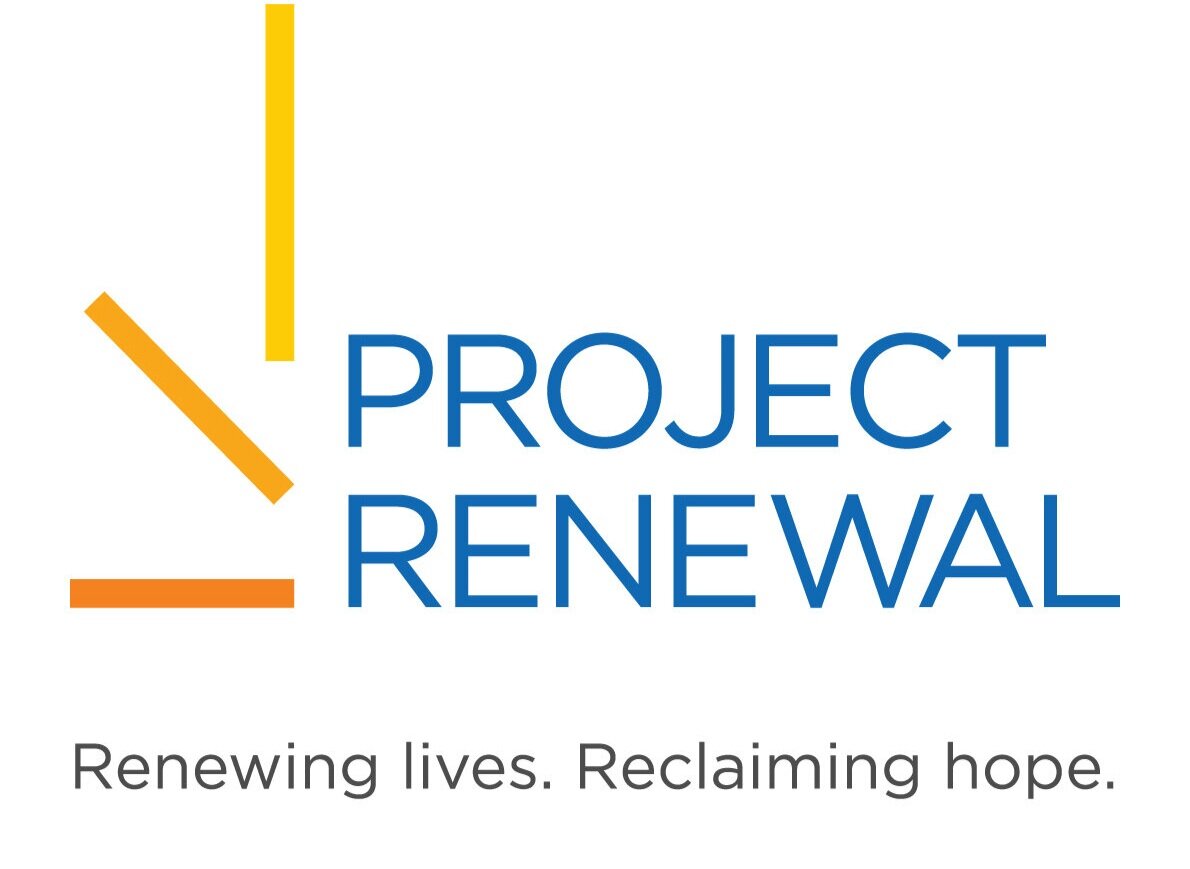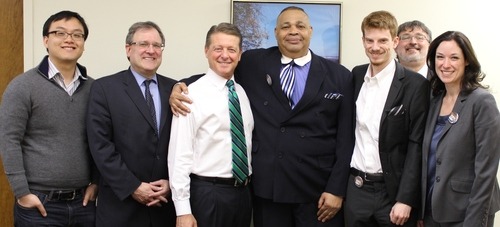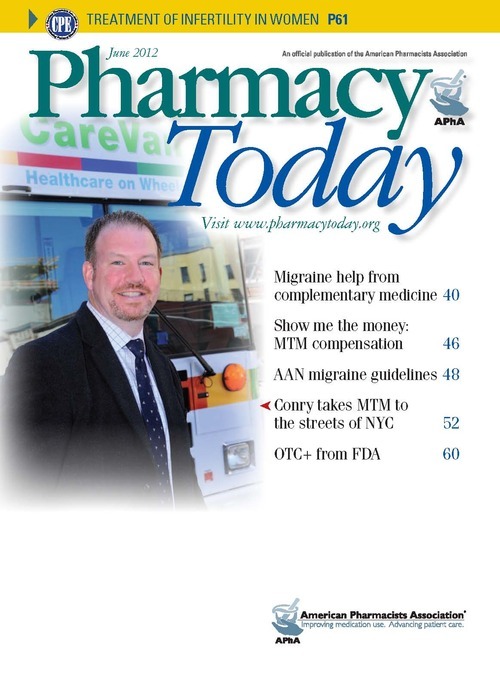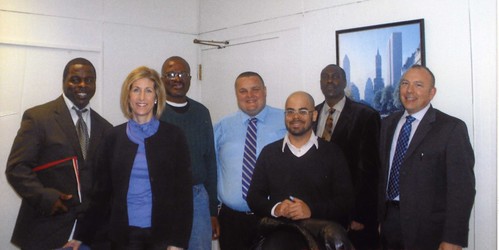News: NY State to Fund $2.6 Million to help 300 formerly homeless persons with disabilities who are facing imminent eviction in NYC
/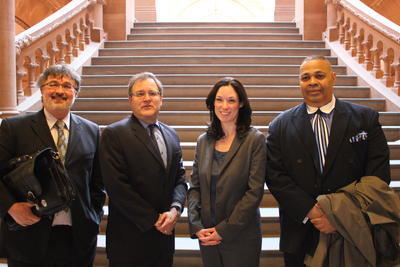
Following up on our post about our advocacy in Albany with client Willie McCartha, we have this update on the State budget’s Medicaid Redesign Team Housing Program (note the great news for New York’s homeless men and women in bold!):
As part of the Program, the State plans to fund some 300 rent subsidies for former Advantage tenants living with disabilities (who, like Mr. McCartha, are former “Fixed Income Advantage” recipients).We’ve heard the State wants to implement this very soon due to the obviously precarious housing situation of the affected tenants.
The subsidies are part of the Governor’s newly-created Medicaid Redesign Team (MRT) Supportive Housing Development Program which was passed in the State’s 2012-13 budget in April. The program will allocate $75 million a year to create thousands of units of supportive housing for high-cost Medicaid recipients across New York State.
The State will distribute the $75 million in funding to create as many as 4,500 capital and scattered-site units in the first year. It will allocate the funding as follows (see the full breakdown attached):
- $25 million in capital from HCR for NY/NY III acceleration
- $14.3 million in capital to fund the NYS Office of Temporary and Disability Assistance’s (OTDA) Homeless Housing Assistance Program (HHAP) for upstate supportive housing projects
- $10 million to fund NYS Office of Mental Health (OMH) Supported Housing scattered-site rental and service subsidies; 350 units in Brooklyn and 350 units in the rest of the state
- $7.3 million to fund a 171-unit permanent supportive housing residence on land owned by Metropolitan Hospital to help move patients at Coler-Goldwater Hospital
- $6 million to restore and fund 2,500 existing and new programs through the NYS Supportive Housing Program (NYSSHP — formerly SRO Support Services and Supportive Housing for Families & Young Adults)
- $5 million to fund operating and services in 410 NYS Office of Alcoholism and Substance Abuse Services (OASAS) scattered-site apartments throughout the state
- $2.6 million to fund OTDA’s Disability Housing Subsidy Program, to be used to pay for ongoing rent subsidies for 300 formerly homeless persons with disabilities who are facing imminent eviction in New York City.
- $2.4 million to fund operating and services in 125 NYS Department of Health (DOH) AIDS Institute scattered-site apartments;
- $1.8 million to fund NYS Office for People with Developmental Disabilities (OPWDD) for 180 community-based housing units
- $276,000 to fund a 115-unit supportive housing program — the Claremont Project — in the Bronx
- $135,000 to fund a supportive housing initiative for eight people with developmental disabilities who are currently residing in a nursing on Long Island.
